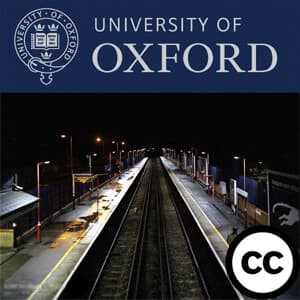Education
Ali R Chaudhary gives a sociological overview of current research on assimilation, multiculturalism and other approaches used to understand dynamics of social organisation and inequality among immigrants and native-born groups in North America and Europe This lecture provides a sociological overview of the current theoretical and empirical research on assimilation, multiculturalism and other approaches used to understand dynamics of social organisation and inequality among immigrants and native-born groups in North America and Europe. The lecture begins with the emergence and development of the concept of 'assimilation' in the United States. This background is then used to introduce three alternative theoretical approaches that challenge the theory and empirical processes associated with assimilation: transnationalism, multiculturalism and racialization. The lecture then introduces the idea of global racialization in order to compare the empirical and theoretical literature on Muslim immigrant integration in North America and Europe. The key argument I make in this lecture is that immigrants as well as most ethno-religious minority groups are incorporated into new and/or pre-existing social hierarchies that reflect racialized hierarchies. That is, group ascriptions (i.e. phenotype, language, citizenship status, religion) operate as structural principles of social organisation that ultimately determine outcomes and processes associated with immigrant integration in traditional assimilationist receiving societies such as the U.S. as well as official multicultural societies (Canada) and postcolonial societies like France and the UK. The theoretical and conceptual components of the lecture are supported with several empirical studies from North America and Europe as well as my own scholarship on immigrant self-employment and migrant organizations.

